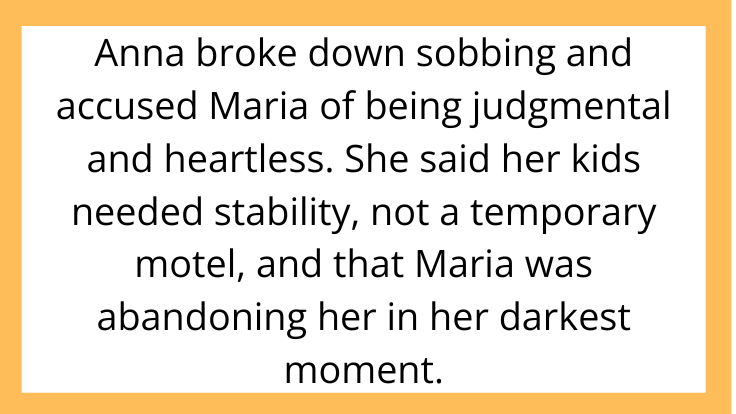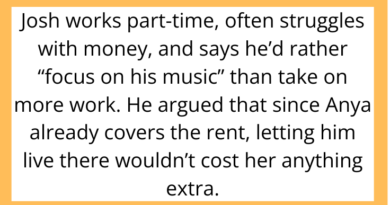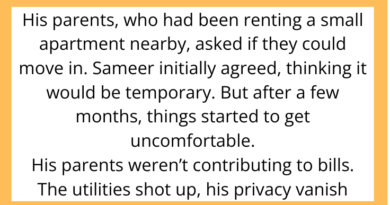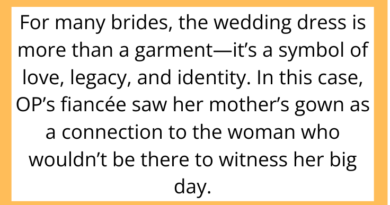AITAH for Refusing to Help My Sister After She Cheated on Her Husband and Got Kicked Out?
When family drama collides with moral boundaries, the fallout can be explosive. Today’s AITAH story dives into a situation where loyalty, personal ethics, and family expectations clash in a way that’s left everyone questioning who’s really at fault.
The Backstory: A Sister in Crisis
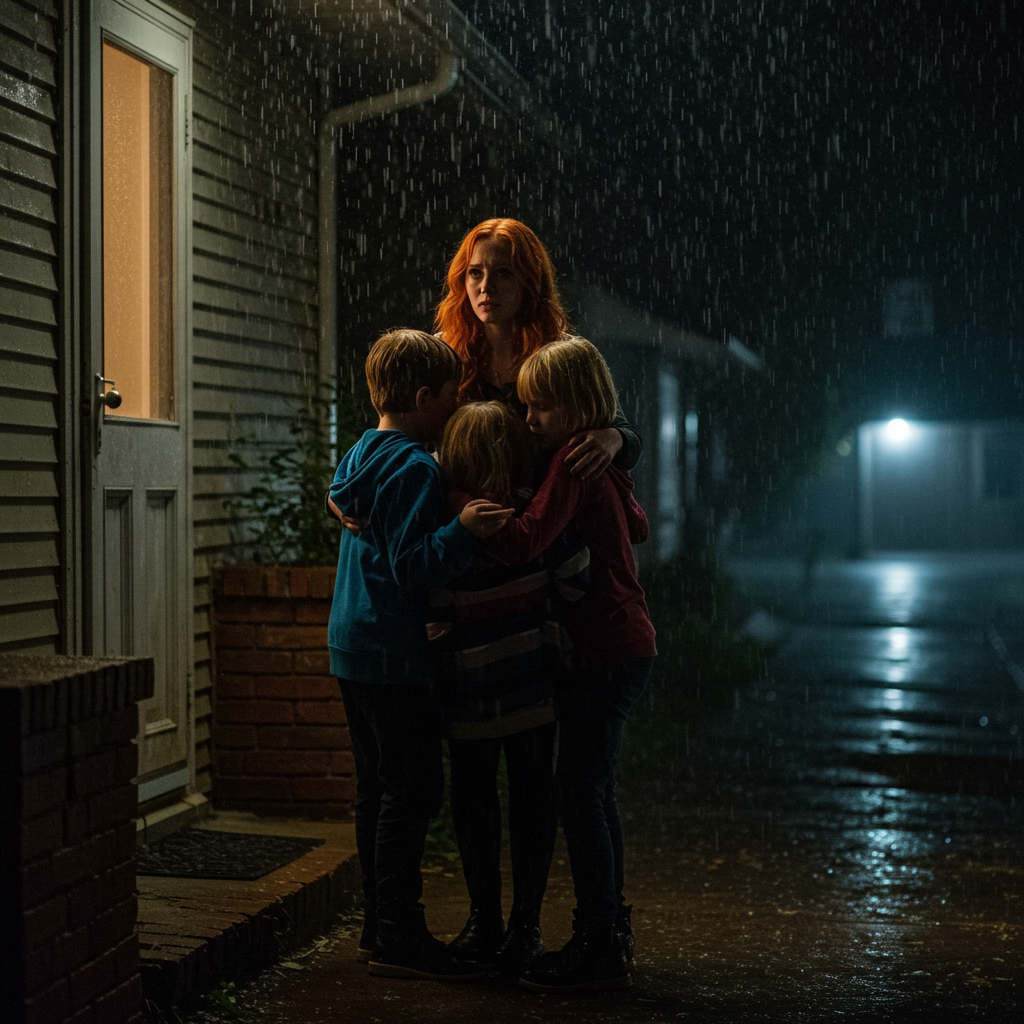
A 32-year-old woman—let’s call her Maria—shared her story on r/AITAH. Maria’s younger sister, Anna, 29, was married for six years to her high school sweetheart, Daniel. From the outside, they looked like the perfect couple: a nice house, two kids, and a stable life.
But beneath the surface, Anna was having an affair. For nearly a year, she carried on with a coworker, telling no one. Eventually, Daniel found out. The discovery shattered their marriage, and he immediately asked Anna to leave their home.
Anna showed up at Maria’s door with her suitcase and her two young children in tow. She was crying, desperate, and begging for a place to stay.
Drawing the Line: Maria’s Refusal

Maria was sympathetic to her nieces and concerned about their well-being, but she felt torn. She and Anna had always been close growing up, but Maria had strong opinions about cheating. She felt what Anna did was selfish and cruel, and she didn’t want to involve herself in the aftermath.
Moreover, Maria and her husband live in a small two-bedroom apartment. Their own baby was just born three months prior, and Maria was exhausted and still adjusting to life as a new mom. She worried that bringing her sister and the kids into their home would be too much to handle emotionally and financially.
Instead of offering to take them in, Maria told Anna she could help cover a motel for a few nights and suggested reaching out to their parents or other relatives who had more space.
Anna broke down sobbing and accused Maria of being judgmental and heartless. She said her kids needed stability, not a temporary motel, and that Maria was abandoning her in her darkest moment.
Maria’s husband supported her decision, but other relatives called her cold and selfish. Feeling guilty, Maria posted her story online to ask: AITAH for refusing to let my sister and her kids stay with me after she cheated and got kicked out?
Supporting Family: Obligation or Choice?
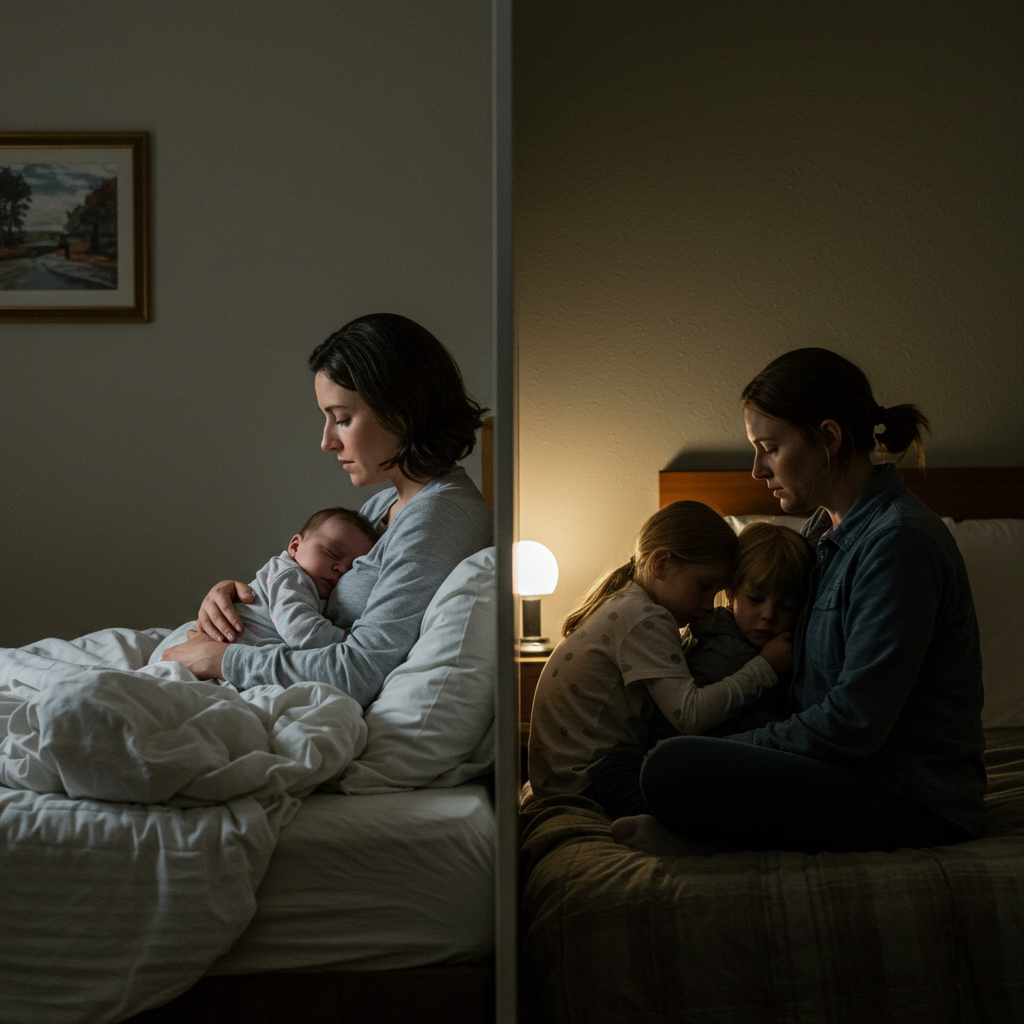
Why Maria Might Be Justified
Many commenters empathized with Maria’s predicament. They pointed out that while children should never be punished for their parents’ mistakes, Maria wasn’t in a position to provide the support Anna demanded.
Her newborn required constant care. She didn’t have a spare room. Taking in three more people, especially in such tense circumstances, could have pushed her to burnout or damaged her own marriage.
Additionally, Maria didn’t cut Anna off entirely—she offered money for temporary housing and tried to help her find alternatives. That’s more than many people could or would do.
Why Others Think She’s the Villain
On the flip side, some argued that family is family. Anna’s betrayal of her husband had nothing to do with her kids. They didn’t deserve to be dragged through homelessness and instability.
From this perspective, Maria’s refusal—no matter how understandable—felt cold in a crisis. Some said that if you love someone, you help them when they hit rock bottom, even if you don’t approve of their choices.
A Bigger Question: How Far Should Loyalty Go?
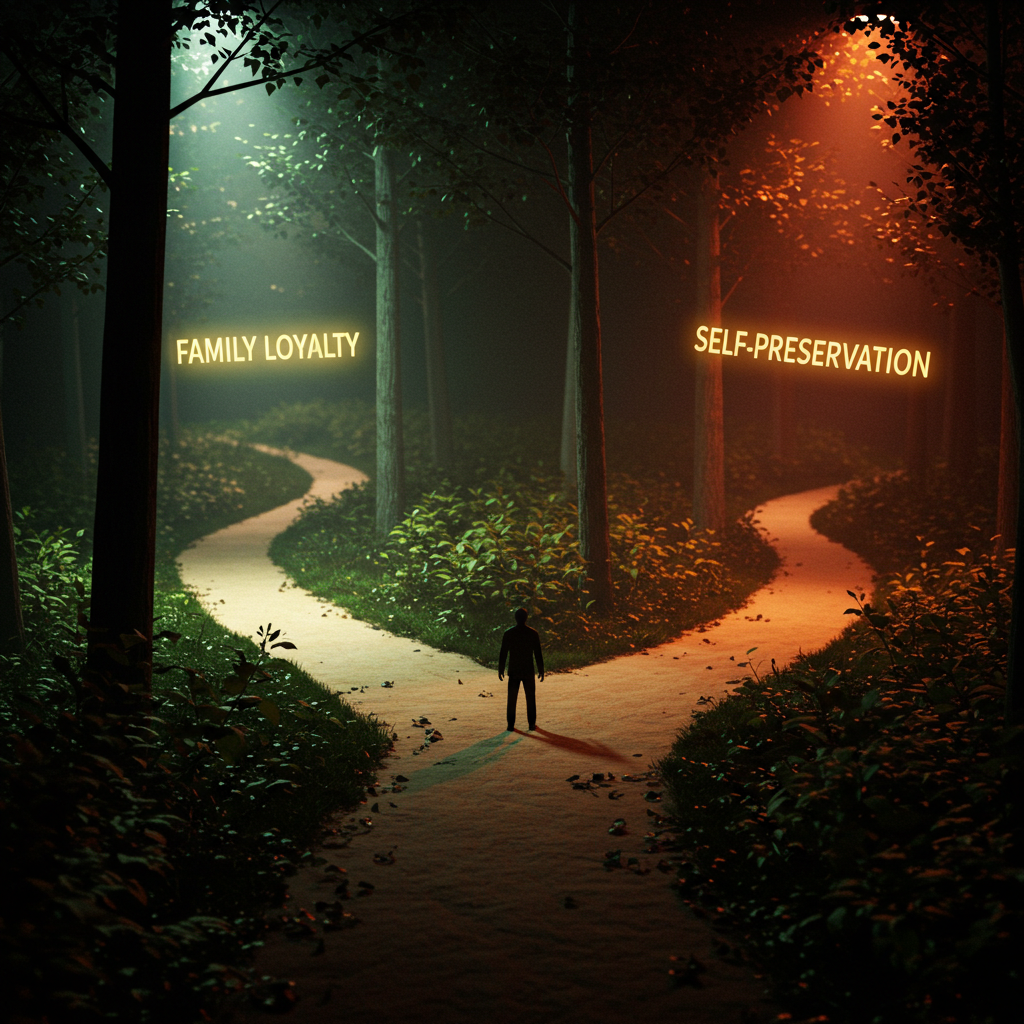
This AITAH scenario isn’t just about a single act of cheating. It raises a deeper issue: What do we owe our family members when they self-destruct?
Is there a line between supporting loved ones and enabling their mistakes? Or should unconditional support always win, no matter how messy the situation?
What Reddit Decided

Most top comments sided with Maria. The consensus: You can love and support your family without sacrificing your own mental health, safety, or stability.
One commenter summed it up perfectly:
“You didn’t kick her out. Her actions did. You have every right to say no when someone demands more than you can give.”
Others encouraged Maria to stay involved in her nieces’ lives in smaller ways, like helping with childcare or financial assistance—just not by moving them all in.
Lessons from This AITAH Story

Set Boundaries Early
Even when it feels uncomfortable, it’s better to be honest about what you can and cannot handle.
Supporting Kids Doesn’t Mean Supporting Bad Choices
You can care about children’s welfare while holding adults accountable for their actions.
You’re Not Obligated to Fix Other People’s Mistakes
Family pressure can be intense, but it’s okay to prioritize your own household.
